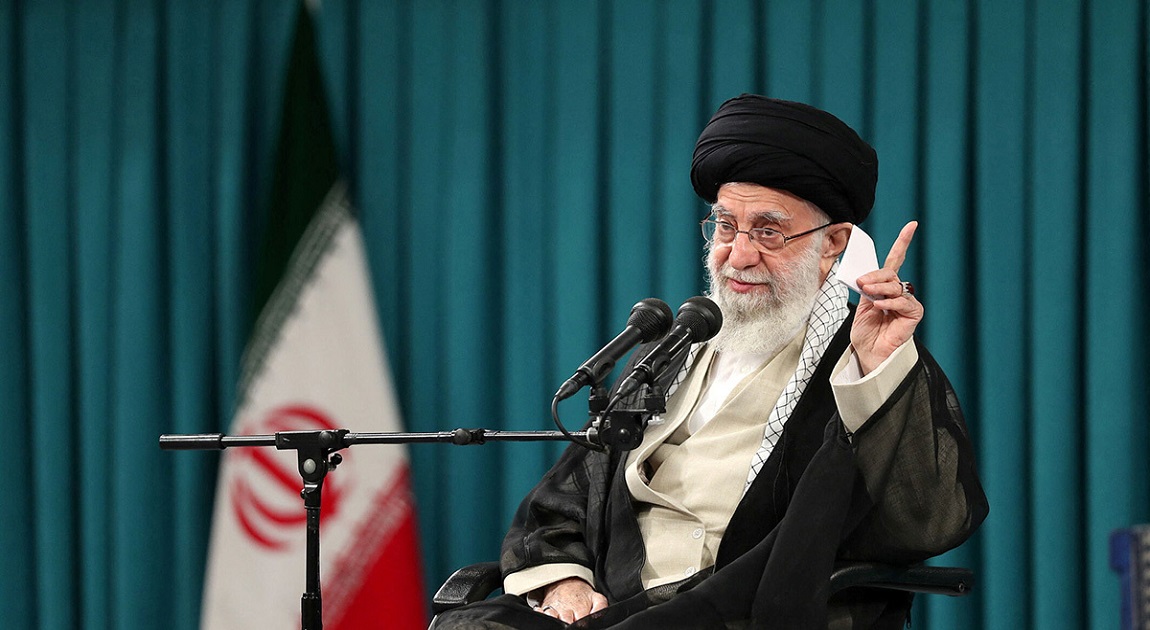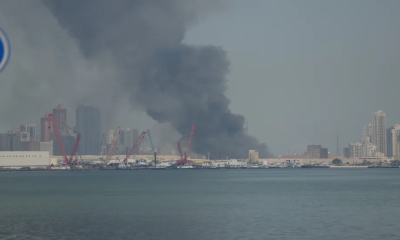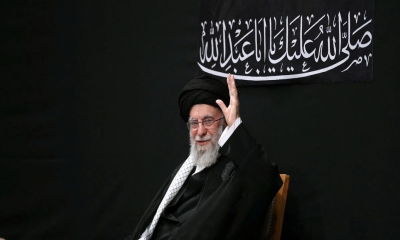Iran has rejected the prospect of ceasefire negotiations while under Israeli attack, according to an official familiar with ongoing diplomatic communications.
Speaking to Reuters on Sunday, the official, who requested anonymity due to the sensitivity of the situation, confirmed that Iran informed mediators Qatar and Oman that it would not engage in talks until it completes its response to Israel’s military offensive.
“The Iranians made it clear that they will not negotiate while under attack,” the official stated. Iran emphasized that serious negotiations would only be considered after its retaliatory operations are concluded.
The development comes as Israel and Iran exchange escalating military strikes in what is now considered the largest direct confrontation between the two rivals.
On Friday, Israel launched a surprise attack targeting senior Iranian military leaders and critical nuclear sites. Israel has warned that the campaign will intensify in the coming days.
In response, Iran has vowed to "open the gates of hell," signaling its intent to escalate retaliation. The conflict has raised international alarm over the potential for a broader regional war.
The official also dismissed recent media reports claiming that Iran had requested Qatar and Oman to involve the United States in brokering a ceasefire or to resume nuclear talks.
"Those reports are inaccurate," the official said, underscoring that Iran is currently focused on its military response, not diplomacy.
Neither Iran’s foreign ministry nor the governments of Qatar and Oman responded to Reuters` requests for comment.
Oman and Qatar have historically served as key mediators between Iran and the United States.
Oman has hosted indirect nuclear negotiations in recent months, though the latest round was abruptly canceled following Israel’s air offensive.
Qatar has also played a role in facilitating past talks, including a 2023 prisoner exchange agreement between the two adversaries.
Both Qatar and Oman maintain diplomatic channels with Iran, Israel, and the U.S., positioning them as vital intermediaries in the ongoing crisis.
However, the window for diplomatic de-escalation appears to be closing rapidly as both sides prepare for further military confrontation.







-20260303080739.webp)
-20260302065048.webp)




















-20260225072312.webp)



